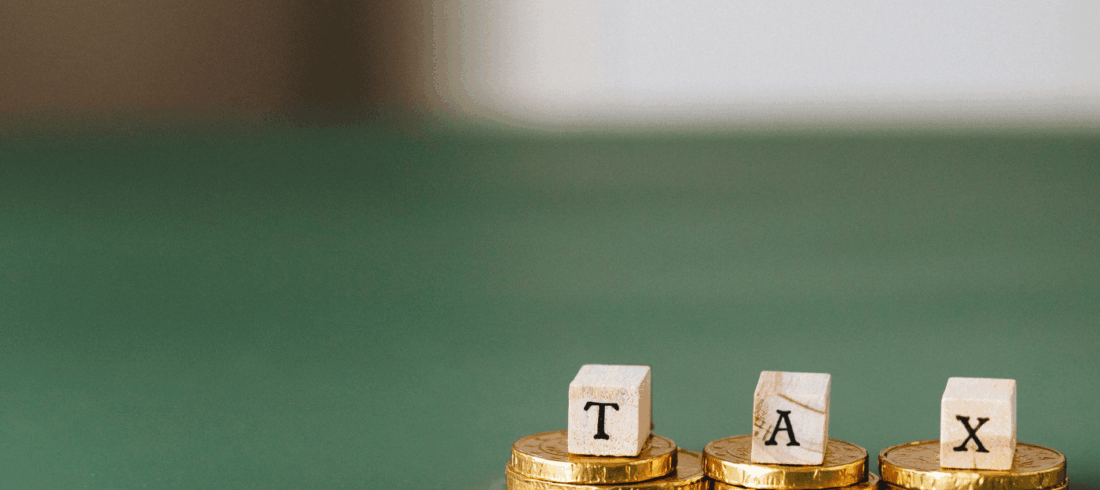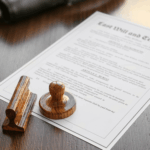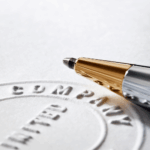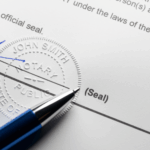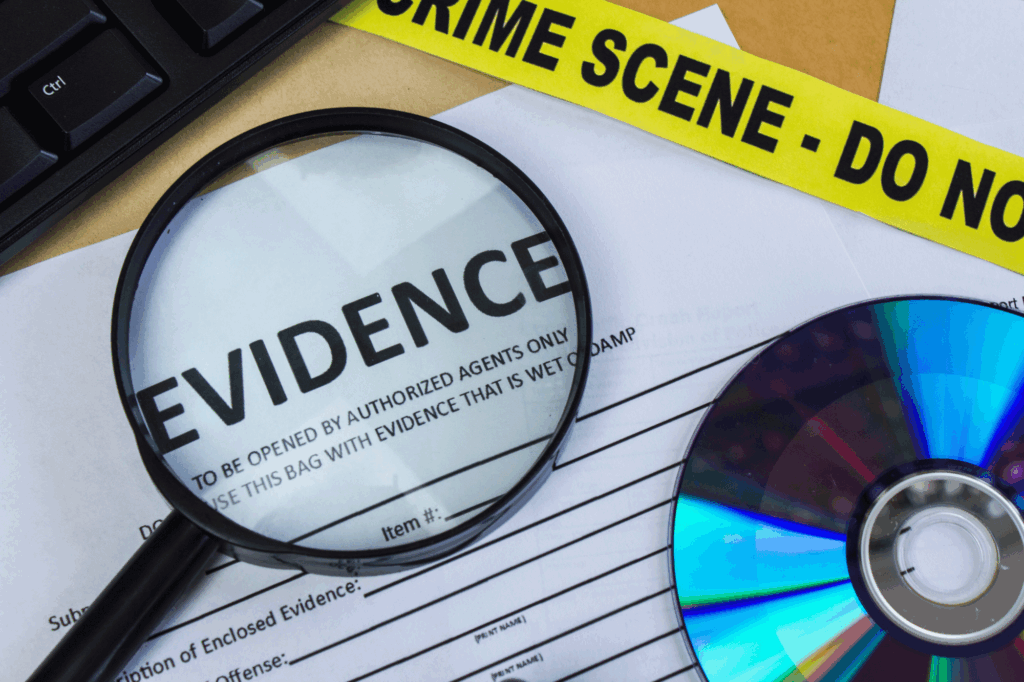
Building your case begins day one – Document everything
The outcome of inheritance disputes often hinges on documentation that many parties fail to gather in the emotional aftermath of a loved one’s death. Effective evidence collection begins immediately, as critical documents may disappear or become inaccessible as conflicts intensify. Understanding what constitutes relevant evidence and establishing a systematic approach to gathering and preserving these materials significantly strengthens your position whether pursuing negotiation, mediation, or litigation.
Focus on both formal and informal evidence of intent. While legally executed documents like wills and trusts form the foundation of any inheritance case, courts increasingly consider supplementary evidence when questions arise about the deceased’s true intentions. Gather emails, letters, greeting cards, recorded conversations, and witness accounts of verbal statements regarding inheritance wishes. Document patterns of gift-giving or financial support that might establish precedent for how the deceased wanted assets distributed. For potential undue influence cases, collect evidence of the deceased’s vulnerability, the influencer’s opportunity and actions, and any suspicious timing of document changes or unusual asset transfers.
Strategic evidence gathering extends beyond documents to include comprehensive financial accounting. Track every estate transaction from the moment of death. Request copies of all financial statements, property appraisals, business valuations, and tax filings. Document any suspicious withdrawals, property transfers, or valuable items removed from the deceased’s residence. Maintain a detailed chronology of all communications and actions taken by various parties concerning the estate. While gathering evidence, follow proper legal channels—unauthorized access to digital accounts or private papers can undermine your case and potentially create legal liability. Remember that professional guidance early in this process can help identify critical evidence you might otherwise overlook and establish proper chains of custody that ensure admissibility in court should litigation become necessary.



소송 준비는 첫날부터 시작됩니다 – 모든 것을 문서화하세요
상속분쟁의 결과는 종종 많은 당사자들이 사랑하는 사람의 죽음 이후의 감정적 여파에서 수집하지 못하는 문서에 달려 있습니다. 효과적인 증거 수집은 갈등이 심화됨에 따라 중요한 문서가 사라지거나 접근할 수 없게 될 수 있으므로 즉시 시작됩니다. 관련 증거를 구성하는 것이 무엇인지 이해하고 이러한 자료를 수집하고 보존하는 체계적인 접근 방식을 수립하는 것은 협상, 중재 또는 소송을 추구하든 상관없이 귀하의 입장을 크게 강화합니다.
공식적 및 비공식적 의도 증거 모두에 집중하세요. 유언장 및 신탁과 같은 법적으로 실행된 문서가 모든 상속 사건의 기초를 형성하지만, 법원은 고인의 진정한 의도에 관한 질문이 제기될 때 보완적 증거를 점점 더 고려합니다. 상속 희망에 관한 이메일, 편지, 인사말 카드, 녹음된 대화 및 구두 진술의 목격자 진술을 수집하세요. 고인이 자산을 어떻게 분배하기 원했는지에 대한 선례를 확립할 수 있는 선물 제공이나 재정적 지원의 패턴을 문서화하세요. 잠재적인 부당한 영향력 사건의 경우, 고인의 취약성, 영향력 행사자의 기회와 행동, 그리고 문서 변경이나 비정상적인 자산 이전의 의심스러운 타이밍에 대한 증거를 수집하세요.
전략적 증거 수집은 문서를 넘어 포괄적인 재정 회계를 포함하도록 확장됩니다. 사망 순간부터 모든 자산 거래를 추적하세요. 모든 재무 제표, 부동산 감정, 사업 가치 평가 및 세금 신고서의 사본을 요청하세요. 의심스러운 인출, 재산 이전 또는 고인의 거주지에서 제거된 귀중한 물품을 문서화하세요. 자산에 관한 다양한 당사자들이 취한 모든 의사소통과 행동의 상세한 연대기를 유지하세요. 증거를 수집하는 동안 적절한 법적 채널을 따르세요—디지털 계정이나 개인 서류에 대한 무단 접근은 귀하의 사건을 약화시키고 잠재적으로 법적 책임을 만들 수 있습니다. 이 과정의 초기에 전문적인 지침이 귀하가 달리 간과할 수 있는 중요한 증거를 식별하고 소송이 필요할 경우 법정에서의 허용성을 보장하는 적절한 관리 연속성을 확립하는 데 도움이 될 수 있음을 기억하세요.

